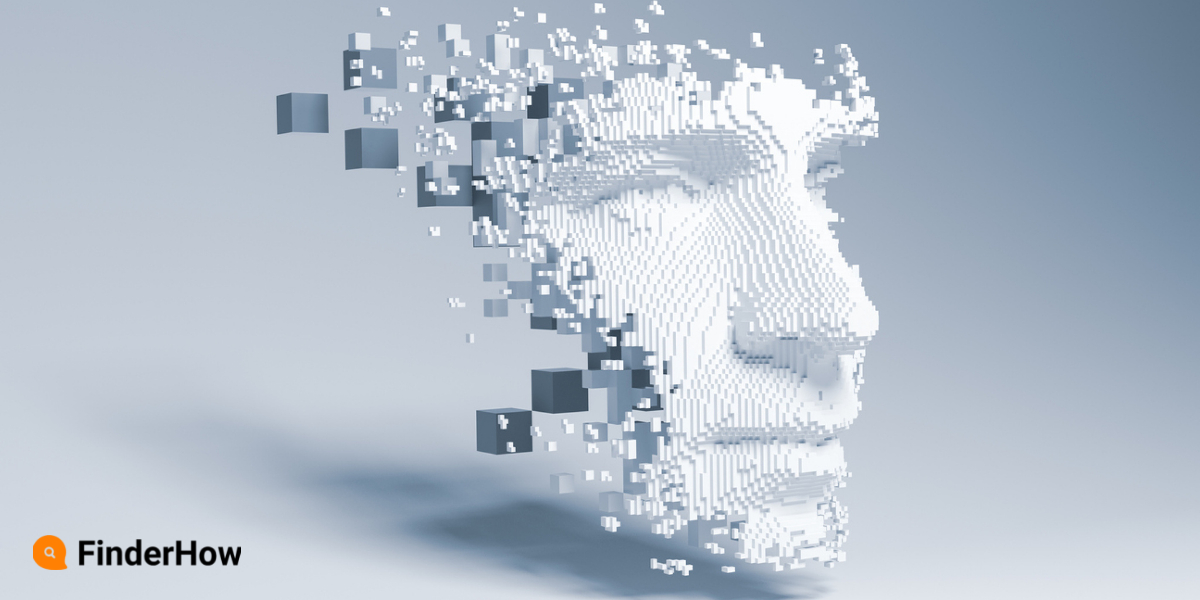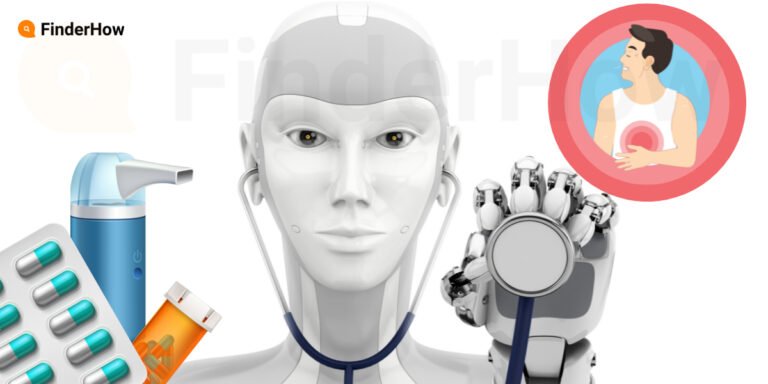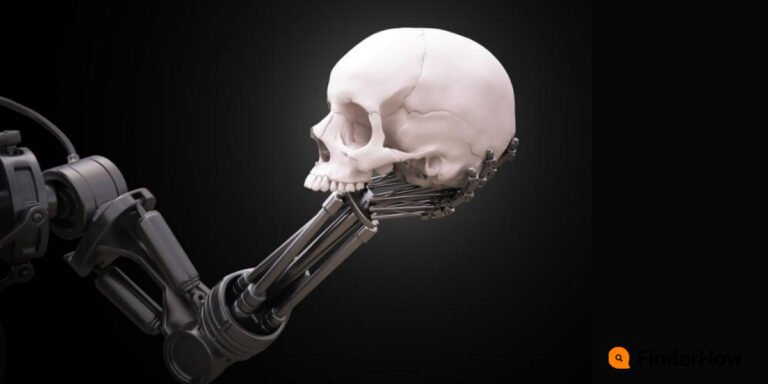What is artificial intelligence (AI) technology
So what is artificial intelligence (AI) technology? It is a rapidly growing field that has the potential to revolutionize the way we live and work. AI refers to the development of computer systems that an perform tasks that typically require human intelligence, such as visual perception, speech recognition, decision-making, and language translation. In this article, we will explore why AI is important, what it is used for, and when it might become a ubiquitous part of our lives.
Why is AI important?
AI has the potential to transform many industries and improve our daily lives in countless ways. For example, AI can help doctors diagnose diseases more accurately and efficiently, assist in the development of new drugs and treatments, and improve the safety of autonomous vehicles. AI can also be used to optimize energy consumption, reduce waste, and enhance cybersecurity. In short, AI has the potential to solve some of the most pressing problems facing humanity today.
What is AI used for?
AI is used in a wide variety of applications across many different industries. Some common uses of AI include:
1. Natural language processing: AI can be used to analyze and understand human language, which can be useful for tasks such as customer service or language translation.
2. Computer vision: AI can be used to recognize and classify images and videos, which can be useful for tasks such as self-driving cars or facial recognition.
3. Machine learning: AI can be used to learn from data and make predictions or decisions based on that data. This can be useful for tasks such as fraud detection or personalized marketing.
When will AI become ubiquitous?
AI is already becoming increasingly prevalent in our daily lives, but there are still many challenges that need to be overcome before it becomes truly ubiquitous. Some of these challenges include:
- Data privacy: As more data is collected and analyzed by AI systems, there are concerns about how that data is being used and who has access to it.
- Bias: AI systems can be biased based on the data they are trained on, which can lead to unfair or discriminatory outcomes.
- Regulation: There is currently a lack of regulation around AI, which can make it difficult to ensure that it is being used ethically and responsibly.
Conclusion: What is artificial intelligence (AI) technology
AI technology is an important and rapidly growing field that has the potential to transform many industries and improve our daily lives in countless ways. While there are still many challenges that need to be overcome before AI becomes truly ubiquitous, the potential benefits are too great to ignore. As we continue to develop and refine AI systems, it will be important to ensure that they are being used ethically and responsibly, and that they are serving the needs of all people, not just a select few.







